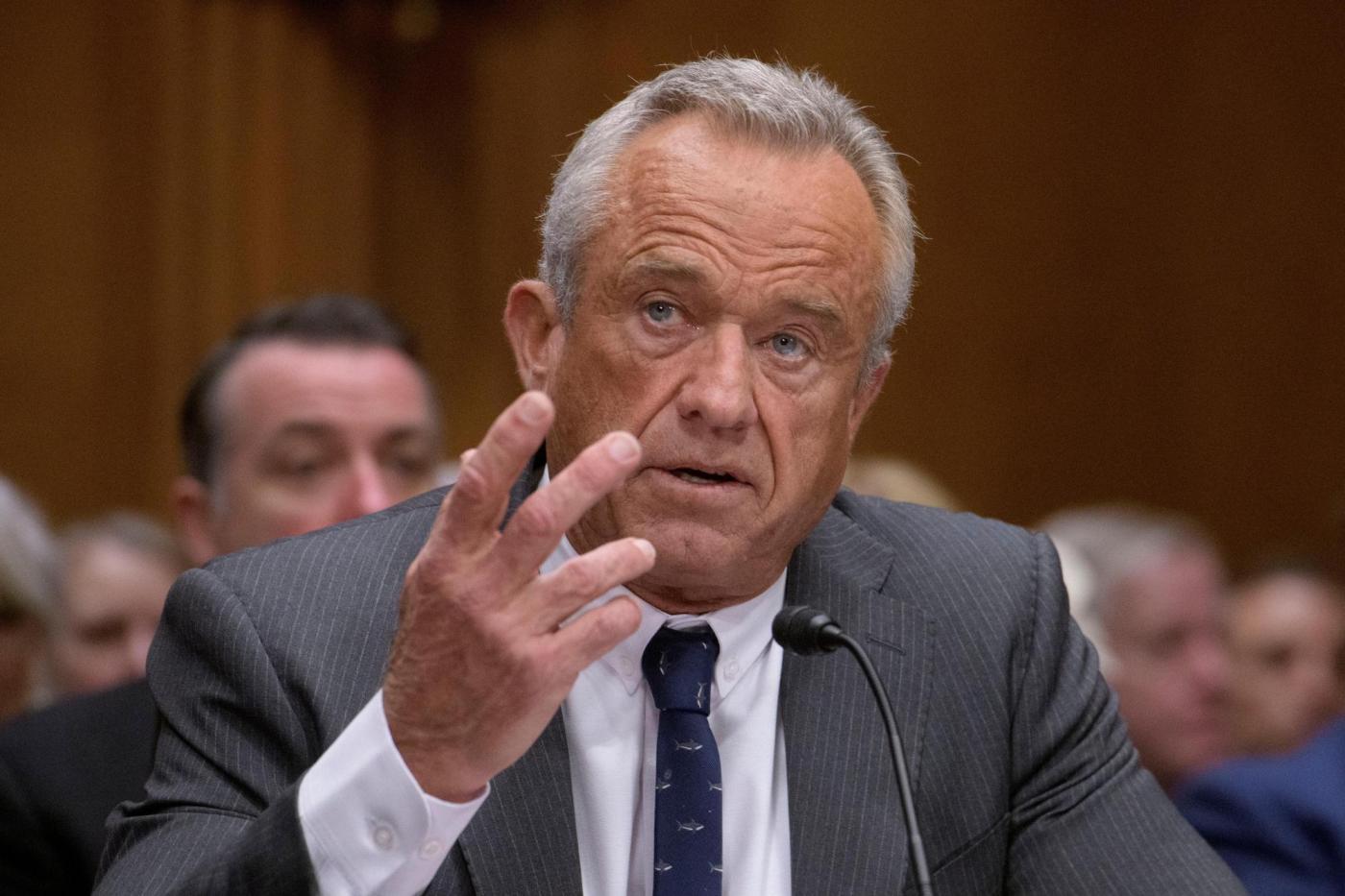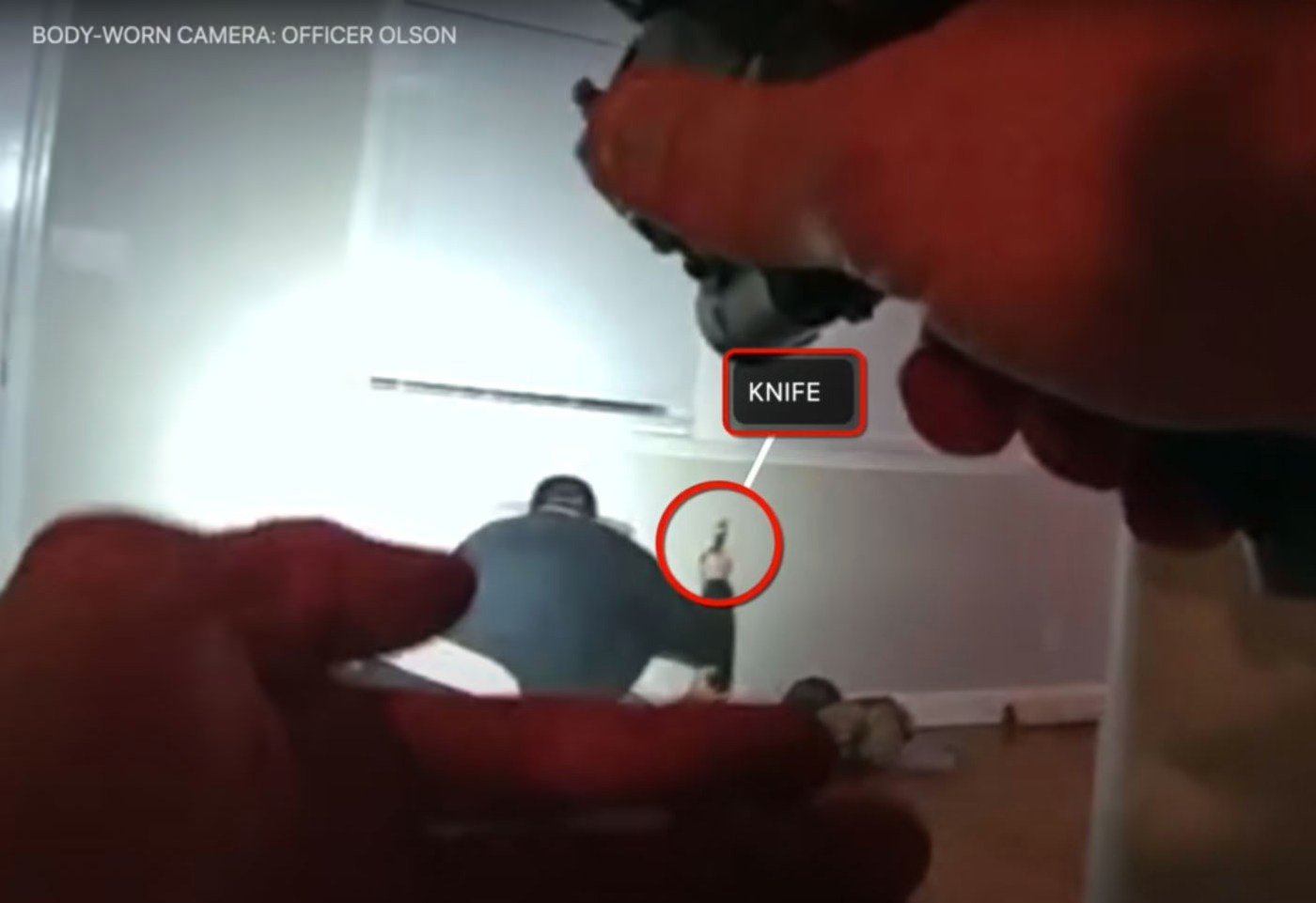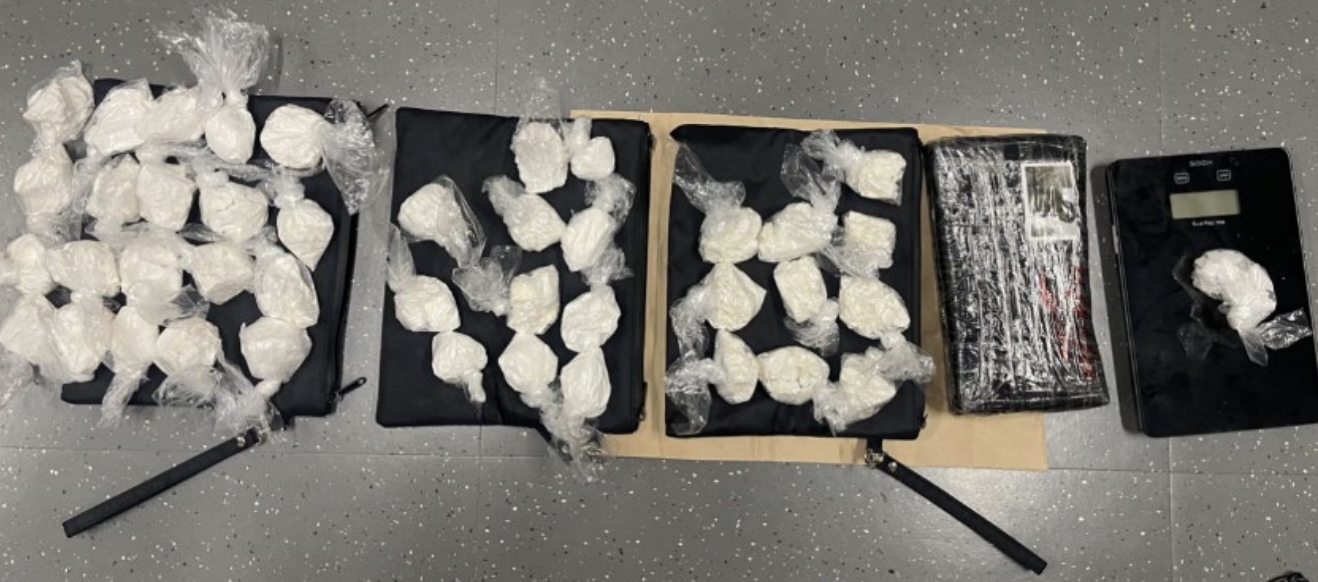For all his flaws, Robert F. Kennedy Jr.’s willingness to speak openly about autism as a public health concern led some of us to find flecks of hope in his arrival as secretary of health and human services.
As parents and caregivers, we know the challenges faced by the more than 25% of people with autism who experience its most profound form, typically requiring 24/7 lifelong support. In recent years, our society’s attention has turned elsewhere on the spectrum. That includes in federal research, where the underrepresentation of people with severe autism is dramatic despite issues ranging from self-injury to seizures.
So even with Kennedy’s anti-vaccine history, we hoped for the best: that he would reinvigorate unfocused federal research efforts, and that he would at least maintain the muted stance on vaccination of his confirmation hearings.
Instead, we’ve seen a wild swing in a different direction, as Kennedy quickly cuts the HHS workforce in a vast shakeup.
If autism constitutes a public health crisis, it’s tough to see how an effective response would come through slashing the jobs of thousands of researchers, doctors and other staff. When Kennedy backtracked and said some would return, it added to the sense of chaos. It’s not clear where Kennedy is taking HHS — or those in need of beneficial research.
Just as troubling, it’s been reported that officials seek to once again study vaccines as a possible cause of autism, a path that has been pursued time and again — Johns Hopkins University puts it at 16 “carefully designed” studies with no link found. Adding to existing fears, The Washington Post reports Kennedy has chosen a longtime vaccine skeptic to lead the effort. Kennedy’s unrealistic statement last week on April 10 that “we will know what has caused the autism epidemic” by September showed empty bravado, not scientific seriousness.
After Kennedy’s tumultuous start, it’s time to change course. The vaccine focus must give way to a broader, credible search for autism causes along with targeted research to address troubling medical and behavioral challenges.
There’s an available path that fits the administration’s efficiency goals by focusing on the most profound needs and Kennedy’s public health concerns about autism.
Late last year, Congress reauthorized, with bipartisan support, the Autism CARES Act, the main federal vehicle for autism research. This time it contained significant new language, which advocates pushed hard for, calling for research that “reflects the entire population of individuals with autism spectrum disorder, including those individuals with co-occurring conditions and the full range of needs for supports and services.”
Kennedy can bring this directive to life.
As a start, he can deliver more studies that actually include as subjects people with severe autism. While there are challenges to participation for people who are nonverbal, they can be overcome when researchers invest the time and effort, pursuing innovative methods to better understand the needs of those most affected by autism.
Research must zero in on the causes of some of the most troubling impairments that can come with autism, such as self-injury, aggressive behavior and even catatonia, as noted by the Autism Science Foundation. This would help lead to treatments.
Related Articles
Jarvis: RFK Jr.’s measles message is too little, too late
Elizabeth Holmes keeps fighting, claims appeal judges were confused and mistaken
The House speaker’s eyeing big cuts to Medicaid. In his Louisiana district, it’s a lifeline
Robert F. Kennedy Jr says Health and Human Services will determine the cause of autism by September
Hit hard by opioid crisis, Black patients further hurt by barriers to care
Because communication is such a universal need, it’s also time to prioritize finding new methods and technologies in this area. Current augmentative and alternative communication approaches, such as gesturing or using tablet apps, have significant limitations.
Finally, we can’t sidestep the debate regarding the increase in autism cases. While some attribute the rise to factors such as heightened awareness and a wider definition of autism, we need comprehensive answers, and research must consider both genetic and potential external factors at work.
These are first steps. If Kennedy adjusts course, they’ll mark an important start to helping a group of people overlooked for too long.
Mark Kendall is the father of a young adult with severe autism and California chair for the National Council on Severe Autism.





